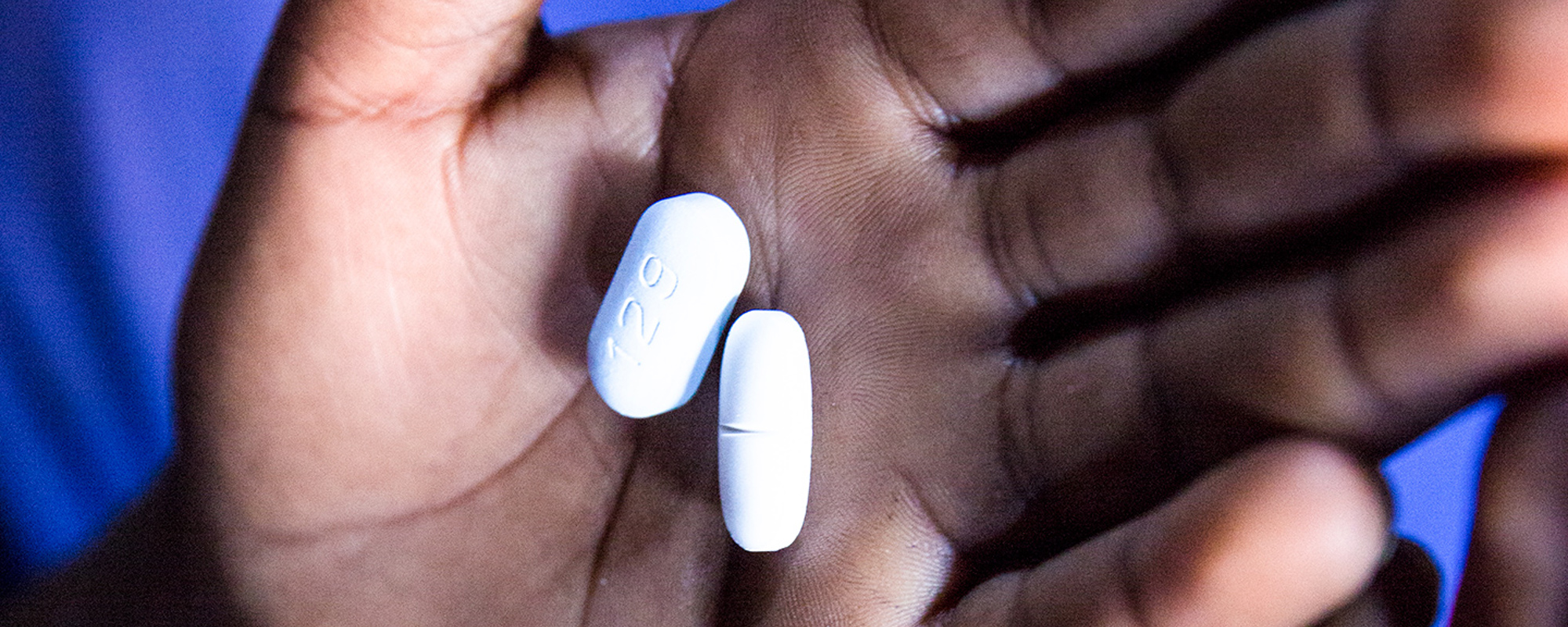

Thinking Outside the Box
We’ve all been there: You take an item out of the package, immediately throw the package away and think, “What a waste.”
Now imagine that happening again and again, with bottles of HIV medicines used around the world. Certainly, there’s a better way to package and ship lifesaving medicines.
The Global Fund and Zambian Ministry of Health decided to tackle the problem. For one large order of antiretroviral drugs, we asked the manufacturer to switch to carton-free packaging – and saved 100 tons of paper.
The result was 45 percent fewer shipping containers needed to send the medicines to Zambia, and only half as much warehouse space required to store them when they arrived. This equates to savings of US$766,000 – money that has been reinvested in Zambia's HIV program.
What if less packaging for medicine could save more lives?
The Global Fund has also cut the amount of plastic packaging for mosquito nets to prevent malaria, bundling them for shipment rather than putting each one on a plastic bag. The change has eliminated 930 tons of plastic waste and saved US$2.6 million in 2018 alone.
These common-sense changes reduce waste and cost, generating savings that can be reinvested in lifesaving health services.







